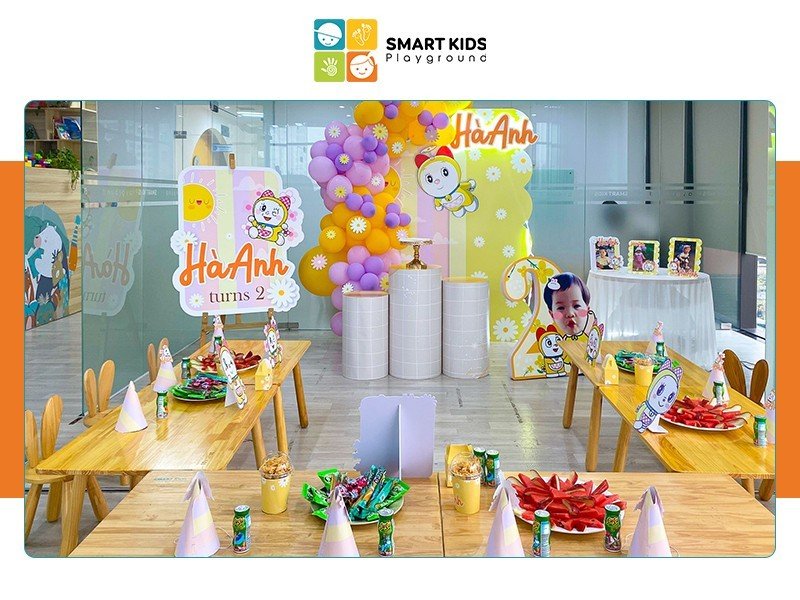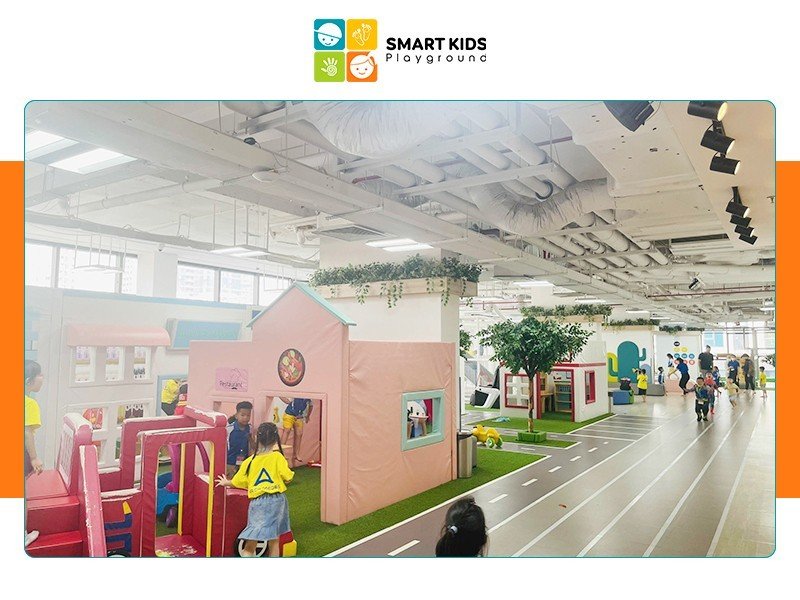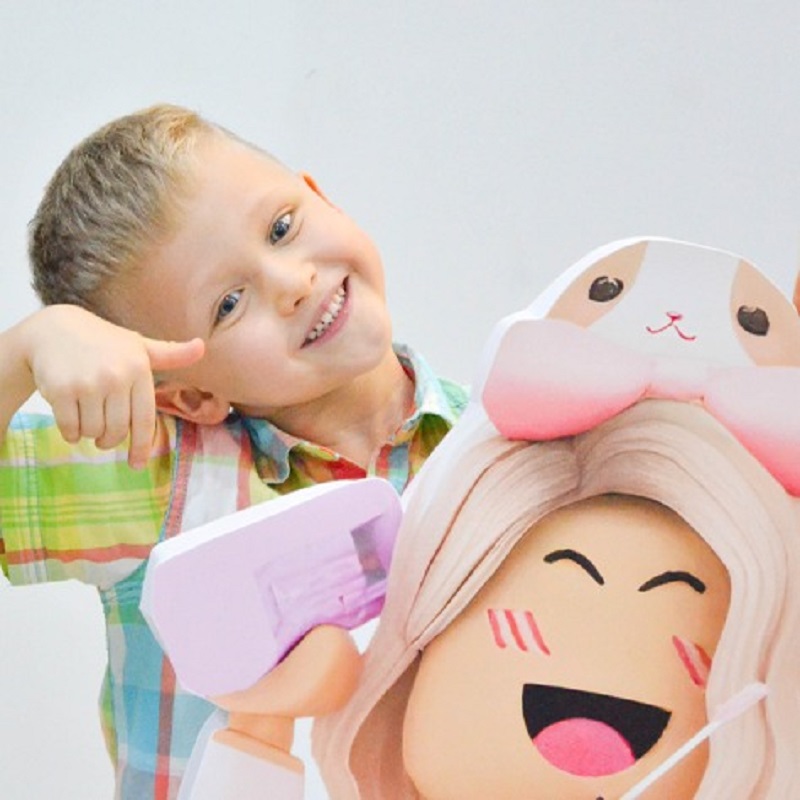
Why do children need to have fun?
Allowing children to freely play on their own without instructions is extremely important for their development and growth.
- According to a report by the American Academy of Pediatrics, playing is essential for development as it benefits the child’s cognitive, physical, social, and emotional growth. Playing helps children develop social skills because they will learn how to get along with others, take turns and interact. Playing helps children develop healthy emotions because they will be able to experience and express conscious and subconscious emotions while being exposed to life and all that is around them.
- Playing is very important for children’s intellectual development. Playing helps the healthy development of the baby’s brain, nervous system and motor skills while teaching them to handle situations better. If nerves do not receive adequate stimulus on a day-to-day basis, they will weaken or disappear completely.
- The United Nations High Commissioner for Human Rights also enshrined playing as a basic right of any child, highlighting its importance in children’s development.
- Recognizing the benefits of healthy, intelligent games and ample playtime, public schools in the United States are steadily reducing the number of lessons, giving students more time to play. To reduce the stressful workload for children, many schools are willing to forego on some of the time spent on reading and mathematics and increase the time allotted to playing or learning learn creative arts. When they are free to play without being told what to do, children show far more focus and pay more attention – which translates into far better learning outcomes.
- Family lifestyle greatly affects the quality of interaction between parents and children. They tend to take the wheel and call all the shots during the little time they have, believing that this would maximise the benefits of the time spent together. However, there is ample evidence that when a parent is ready to let go of the reins and let their children decide what to do and simply keep pace, the relationship between parents and children can improve far better.
- Children learn to share, resolve conflicts, make decisions, assert themselves, and work in teams through free play. Although some children show better proficiency at certain skills than others, most children can develop great social skills by playing with other children. Even playing alone can help children gain confidence, learn to be assertive, and make decisions, among many other skills.
- Playing allows children to identify, express, and learn about emotions. Children often use the “imitation game” to describe what they see in life. For example, what parents look like, what experiences the child has at school, or what friendship is can all be translated into games. The cavalcade of experiences that is daily life for a growing mind can evoke a plethora of emotions. Children will become more aware of their own feelings and those of others, thereby managing emotions by expressing them through playing.
- Children process their life experiences through free play. They do not see the world through the eyes of an adult and playing is an effective tool to better understand social situations by placing themselves in others’ shoes.
- Parents can help children solve problems by playing with them using toys and games. The difficulties children may experience are: emotional problems, diffuse developmental disorders, speech problems, mental retardation, parental divorce, change of environment, abuse, abandonment , diagnosis of mental health, adoption, chronic illness, difficulties in social inclusion, hyperactivity, disability, learning difficulties, exposure to violence, difficulty in adjusting behaviors, deafness or hard of hearing. Parents can use many ways to solve these problems by using specific toys and specific types of interaction.
- Parents can help children solve problems by playing with them using toys and games. Children may often struggle to cope with difficult experiences such as a change of environment, parental divorce, or abandonment which can negatively affect their personal development, leading to emotional problems, learning difficulties, hyperactivity, and the development of antisocial behavioral patterns (anything from aloofness to a violent streak). Parents can help their children work through their issues by engaging them in nurturing, supportive play.
- Parents can improve their relationship with their children by learning to play with them in certain ways, using certain toys. When parents spend time with their children and focus on being with them(without rushing or trying to micromanage the game), their relationship will improve significantly. Playtime does not have to last for hours, a few minutes can already do wonders if it is done daily.
Thus, instead of making children play by the rules of adults, it is important to let them play freely because playing has an enormous role in the comprehensive development of children. Smart Kids Playground is confident to accompany parents and children on this journey by offering free consultation from pediatric specialists to parents in need of directions on how to play with their children.





